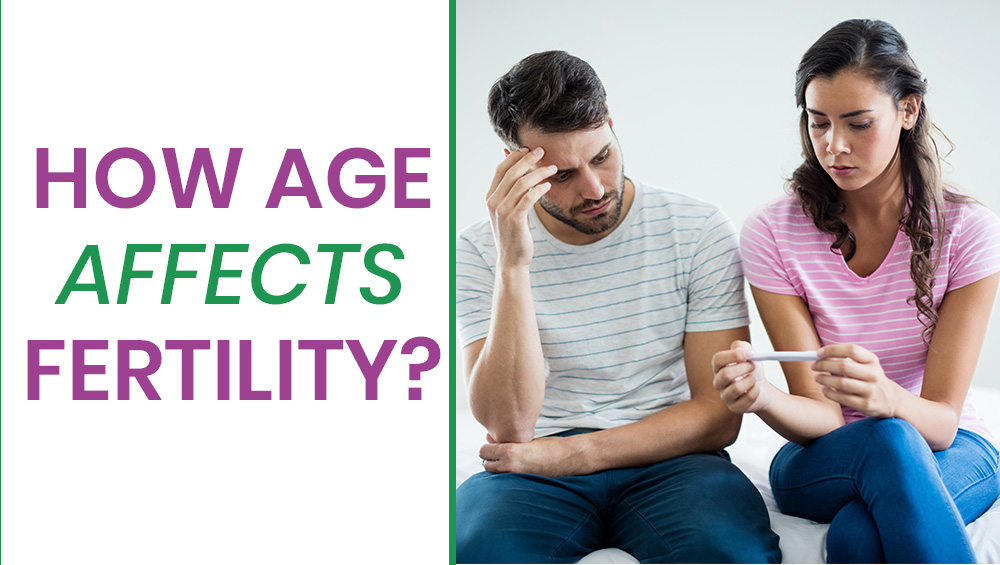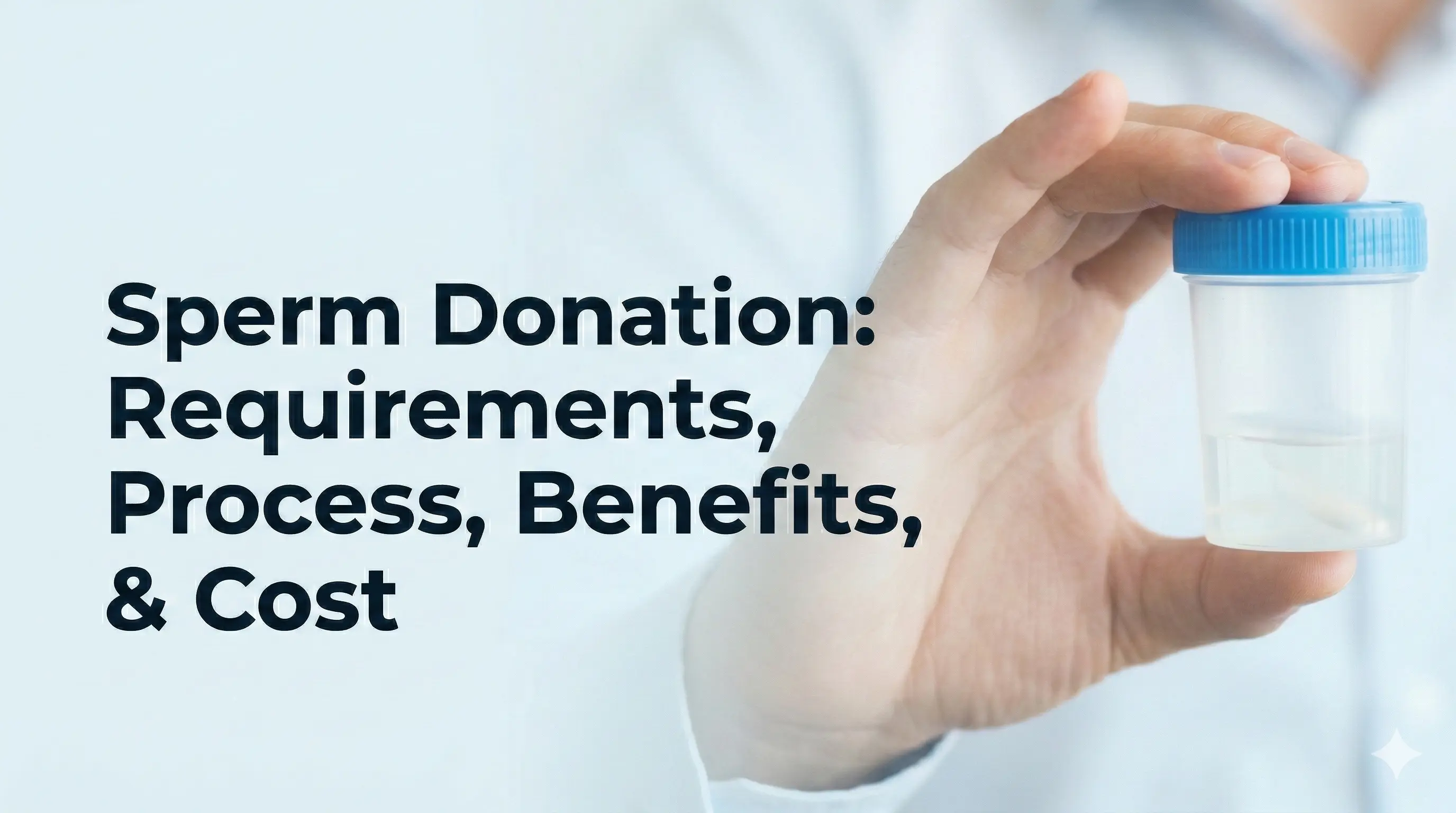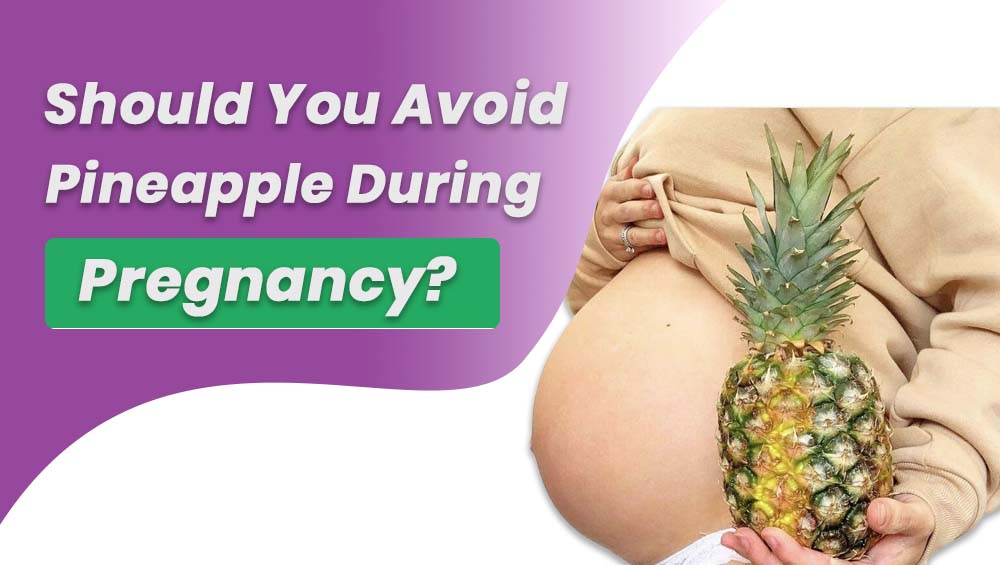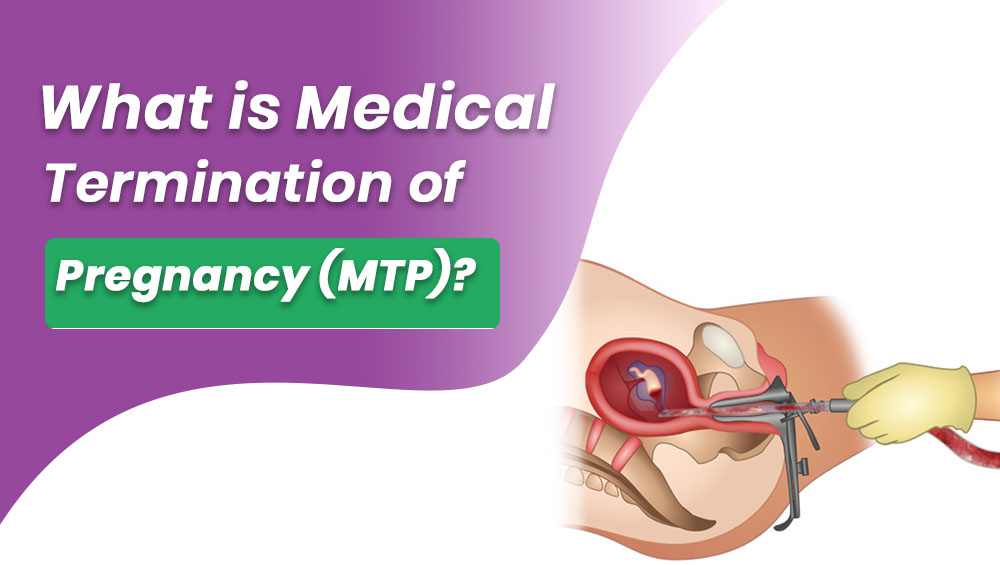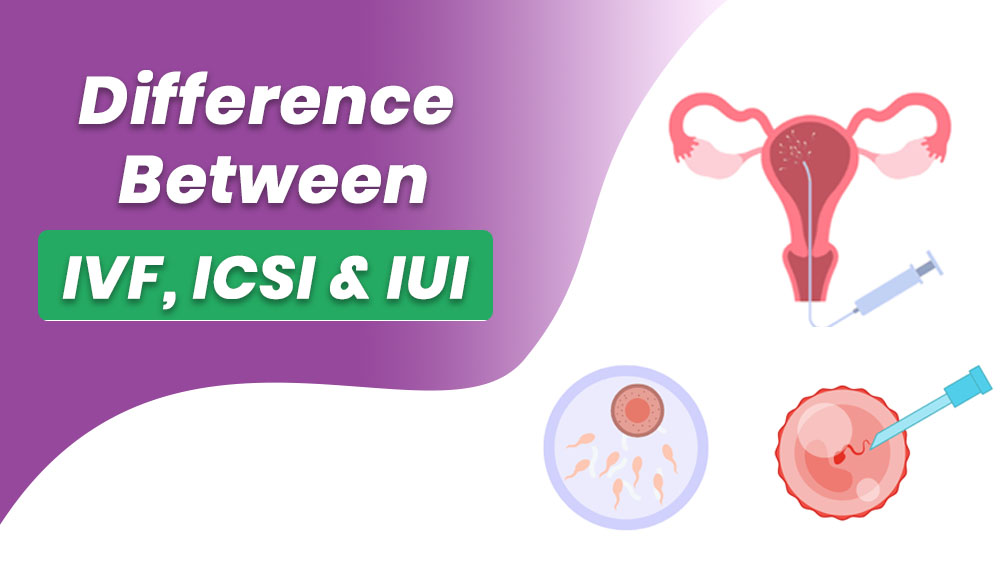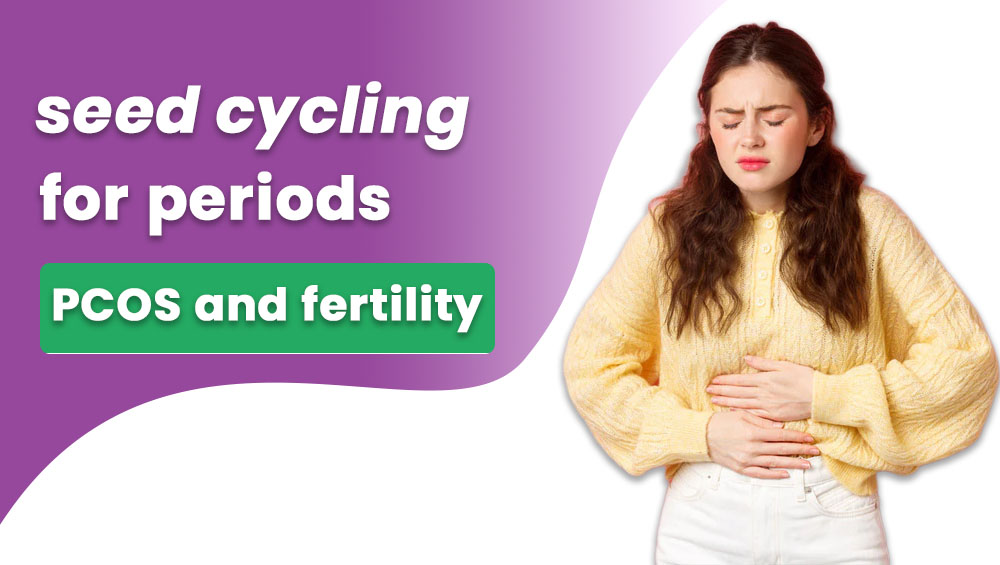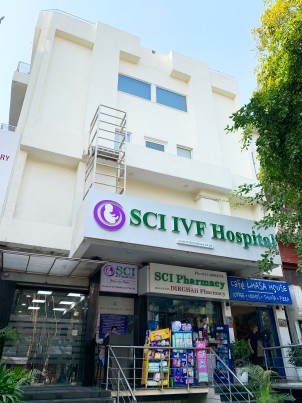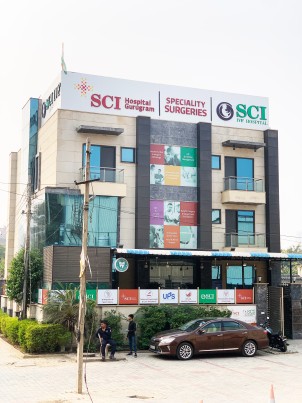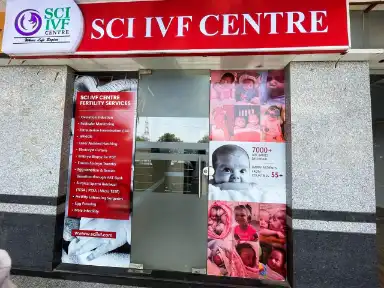How Age Affects Fertility?
When it comes to planning a family, age matters. It is technically one of the vital factors as far as the likelihood of a woman getting pregnant is concerned. Whichever way you may decide to have children naturally or deciding to make use of assisted reproductive technologies, e.g. in vitro fertilization (IVF), understanding the implications of age on female fertility should equip you with the information to make sound choices regarding fertility and family planning.
Let’s look at how fertility declines with age, what chance of pregnancy by age looks like, and when to get help from an expert.
Understanding Fertility and the Influence of Age
A woman is born with all the eggs she will have — about 1,000 to 2 million of them. By the time of puberty, this number drops to some 300,000. And egg count (number) and egg quality drop with age.
- The 20s are the apex of fertility.
- Fertility takes a nosedive in your 30s, with chances of conception quickly falling after at age 35.
- Natural conception becomes more difficult in your 40s and the chances of miscarriage or chromosomal abnormalities rise.
This has to do with the natural aging of eggs, and not the reproductive system as a whole. Although sperm is produced throughout a man’s life, eggs age with the woman, and age is one of the most powerful predictors of fertility.
Pregnancy Chances by Age – A Complete Snapshot
This decrease does not state that no one can get pregnant after a particular age; it only points out that it will take a long time, and one may need help.
Mean Time to become Pregnant at an Age
The average time to get pregnant by age is different in healthy couples that are trying to conceive:
- When you are in your 20s: By now most couples will have conceived after 4-6 months.
- At early 30s: Close to 75 per cent become pregnant in one year.
- When you are in your late 30s: It can take up to 12 months.
- More than 40: the process might require more time, and the probability of success only diminishes.
You should see a fertility specialist should you be below 35 years, and have not conceived even after a year of seeking to conceive, or you are above 35 yrs of age and you have not conceived even after six months.
How Age Affects Women’s Fertility?
Women’s pregnancy chances by age:-
- Egg Quality & Quantity
As people grow older there comes a higher rate of chromosomal abnormalities in the eggs.
This augments the possibilities of disorders such as Down syndrome and early pregnancy loss.
The reserve of eggs also diminishes in case of the ovaries the reserve of viable eggs as well as it becomes more difficult to have a child naturally.
- Hormonal Changes
The level of the hormones (among others) FSH (Follicle Stimulating Hormone) and AMH (Anti-Mullerian Hormone) decrease with age and this influences the ovulation and egg development.
- Menstrual Irregularity
Periods may be more irregular, so it may be harder to predict when ovulation occurs and be less chance to try for the fertile window.
- Increased Risk of Miscarriage
It goes up to 20% of miscarriages at 35.
By the time they are 40, the risk has risen to more than 33%.
Male Fertility Also Declines—But Slowly
Sperm is produced by men throughout sexual life but certain elements (motility, morphology and DNA integrity) of sperm quality can decline over time especially after the age of about 40 45 years. This can lead to a delay in conceiving a child as well as miscarriage.
Fertility Options at Different Ages
In Your 20s and Early 30s
Best time for natural conception.
If you don’t have fertility problems, you won’t get pregnant as long as you use birth control.
In Your Mid to Late 30s
Track ovulation with the help of apps or ovulation kits.
Stay healthier, both weight, sleep and stress are involved.
If you can't get pregnant in 6 months of trying, get fertility testing.
In Your 40s
Discuss IVF clinic options early.
It's just statistics and donor egg IVF results in higher success rates for this age group.
pre-implantation genetic test (PGT) may be helpful in lowering the rate of miscarriage.
Lifestyle Tips to Boost Women's Fertility By Age
- Keep at a normal weight — both obese and underweight body types can decrease fertility.
- Avoid smoking, excess alcohol and junk food.
- Ensure that you exercise frequently, however, not excessively.
- Get stress under control and consider it a priority--long term stress can interfere with ovulation.
- In case you are thinking of becoming pregnant start consuming prenatal pills and folic acid.
When to consult a Fertility Specialist?
- You are younger than 35 and have not become pregnant after one year of trying
- You’re over 35 with no pregnancy after six months
- You’re struggling with inconsistent period patterns, PCOS or endometriosis, or thyroid problems.
- You’ve had multiple miscarriages
- You want to consider IVF or egg freezing
Conclusion: Have faith in the Experts at SCI IVF Hospital
If you are worried with your pregnancy probability by the age or find yourself searching about the average time to get pregnant by the age, you must schedule your time to speak with experienced who knows all about the full range of women’s fertility by the ages.
At the SCI IVF Hospital, you get treatment based on an honest clinical and laboratory assessment, latest medical technologies, best training, research and clinical practice. Whether you are seeking to conceive naturally, exploring assisted reproduction, or considering fertility preservation, SCI IVF offers:-
- IVF, ICSI, egg/sperm freezing expert's advanced help
- Counseling and customized treatment programs
- Top-tier embryology labs and fertility specialists
SCI IVF Hospital, Where Ethical and Compassionate Care is a reality.
Your dream of parenthood is now achievable, and the moment to achieve it has arrived. Let SCI IVF Hospital be a part of that journey with you.
